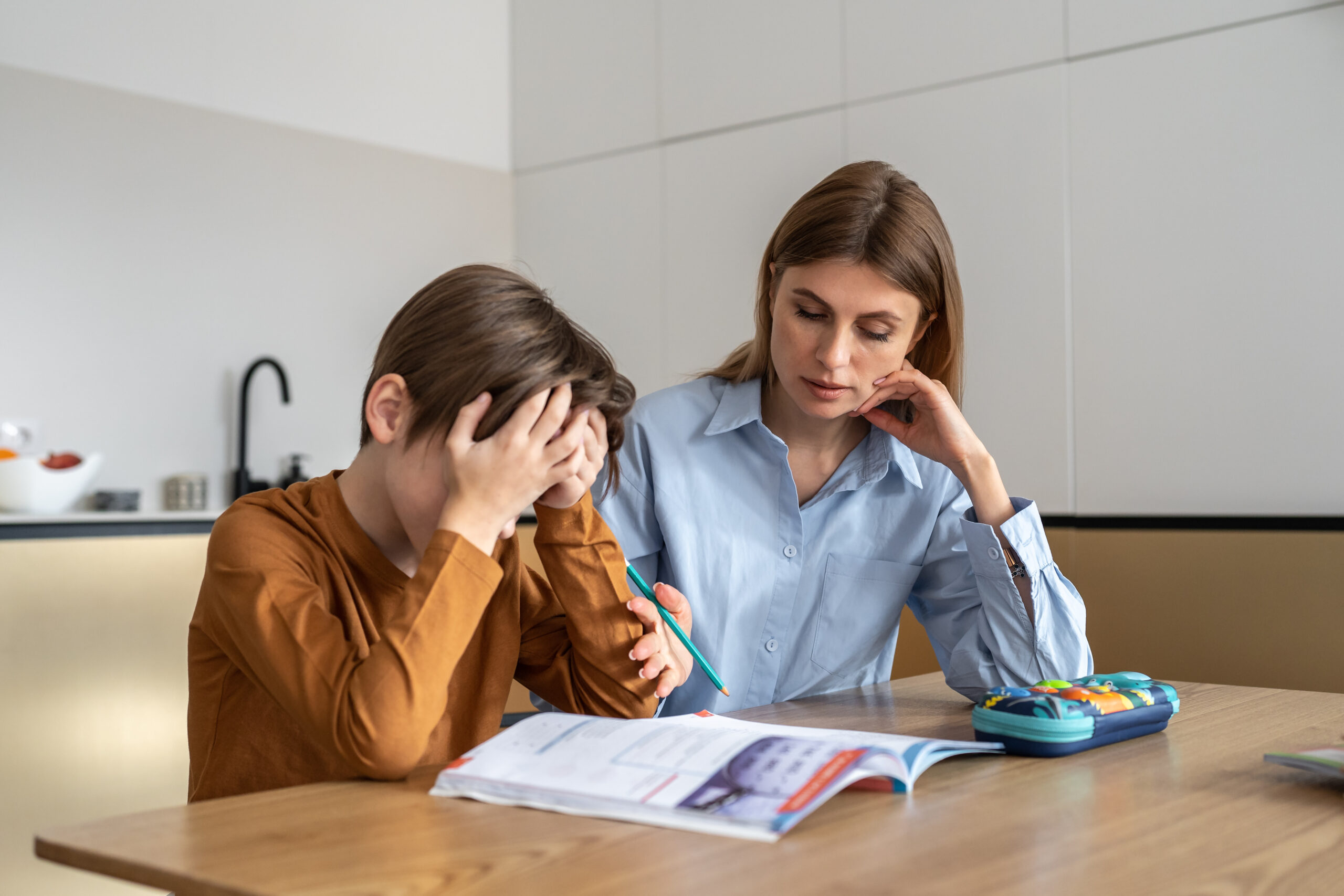In the News

October is ADHD Awareness Month
To raise awareness about Attention-Deficit/Hyperactivity Disorder (ADHD), this year’s theme, “Awareness is Key,” highlights the importance of understanding ADHD in improving diagnosis, treatment, and support for those affected; the more awareness people have, the better prepared they are to assist individuals living with the disorder.
According to the Centers for Disease Control (CDC), the needs for support and treatment may differ for adults and children. ADHD is one of the most common neurodevelopmental disorders of childhood. It is usually first diagnosed in childhood and often lasts into adulthood.
In Children
According to a national survey of parents using data from 2022, the CDC reports that an estimated 7 million (11.4%) U.S. children aged 3 to 17 years have ever been diagnosed with ADHD. Of this number, boys (15%) were more likely to be diagnosed with ADHD than girls (8%). Children with ADHD may have trouble paying attention, controlling impulsive behaviors (may act without thinking about what the result will be), or be overly active. There is no single test to diagnose ADHD, and many other problems, like anxiety, depression, sleep problems, and certain types of learning disabilities, can have similar symptoms.
If you are concerned about your child, having a medical exam, including hearing and vision tests, to rule out other problems with symptoms like ADHD is part of the evaluation process. Taking a history of the child from parents, teachers, other caregivers, and sometimes, the child, can also help in determining the next steps. To make sure your child reaches their full potential, it is very important to get help for ADHD as early as possible. For older children, the best treatment is often a combination of behavior therapy and medication. But for children under 6 years of age, experts recommend that ADHD be treated with behavior therapy first, before trying medication.
In Adults
Although ADHD is often thought of as a childhood disorder. Increasingly it is recognized that adults with ADHD can still struggle with:
- Managing their attention
- Completing lengthy tasks unless interesting
- Staying organized in daily tasks
- Controlling their behavior
- Hyperactive symptoms, such as feeling internally restless and fidgety
- Social relationships
- Consistency in healthy behaviors such as exercise, proper nutrition, and good sleep
ADHD symptoms can be severe and can cause difficulties with daily life. Without the right treatment and support, ADHD may seriously impact one’s health and well-being. Treatment for ADHD can include medication – most commonly stimulant medication – as well as therapy and other behavioral treatments, or a combination of methods. What works best depends on the person and their family. Effective treatment plans will include close monitoring, follow-ups, and making changes, if needed, along the way.
Additional information on ADHD is available at http://www.cdc.gov/adhd.
